Europe
Some of Europe’s most famous leaders govern in the early modern period. Napoleon, Peter the Great, and Charles XII change and challenge Europe. Religion and religious ideas are transformed as new ideas move across Europe developing science, economics and culture, all of which are covered in this section. Read more
Sort by:
Date (Newest first) | Title A-Z
Show:
All |
Articles |
Podcasts |
Multipage Articles
-
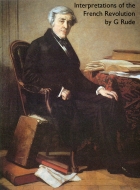
Interpretations of the French Revolution
ArticleClick to view -
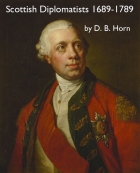
Scottish Diplomatists 1689-1789
ArticleClick to view -

Podcast Series: Thomas Paine
Multipage ArticleClick to view -

Ideas on the Shape, Size and Movements of the Earth - Pamphlet
ArticleClick to view -
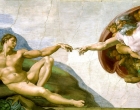
Podcast Series: The Renaissance
Multipage ArticleClick to view -
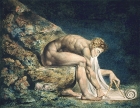
Podcast Series: The History of Science
Multipage ArticleClick to view -
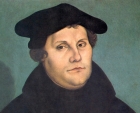
Podcast Series: The Reformation
Multipage ArticleClick to view -

Podcast Series: Origins of the European Financial Markets
Multipage ArticleClick to view -
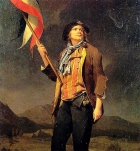
Polychronicon 150: Interpreting the French Revolution
ArticleClick to view -

The role of Devon's militia during the Spanish Armada crisis
ArticleClick to view -
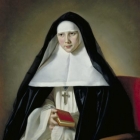
Who were the Nuns? English Convents in Exile 1600-1800
ArticleClick to view -
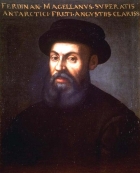
The Great Powers in the Pacific
ArticleClick to view -
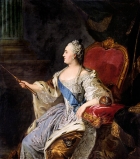
Enlightened Despotism
ArticleClick to view -
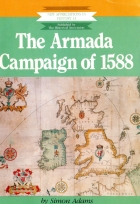
The Armada Campaign of 1588
ArticleClick to view -
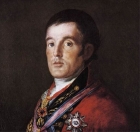
The Undergrowth of History
ArticleClick to view -
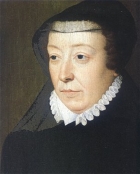
Catherine de Medici & the Ancien Regime
ArticleClick to view -
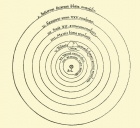
Copernicus and the Reformation of Astronomy
ArticleClick to view -
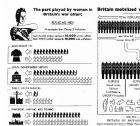
Diagrams in History
ArticleClick to view -
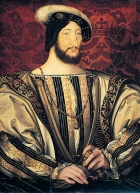
Francis I and Absolute Monarchy
ArticleClick to view -
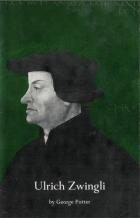
Ulrich Zwingli
ArticleClick to view

